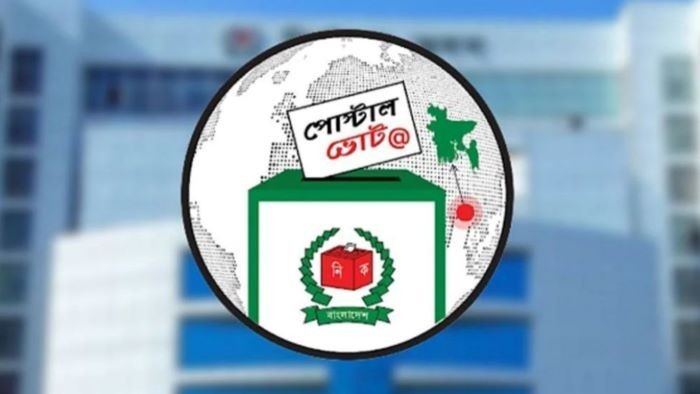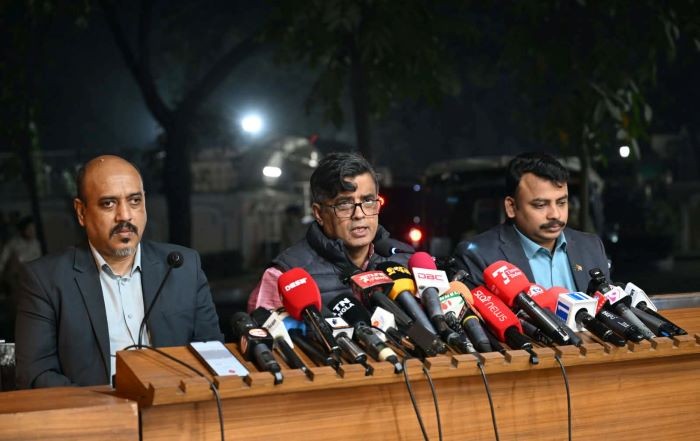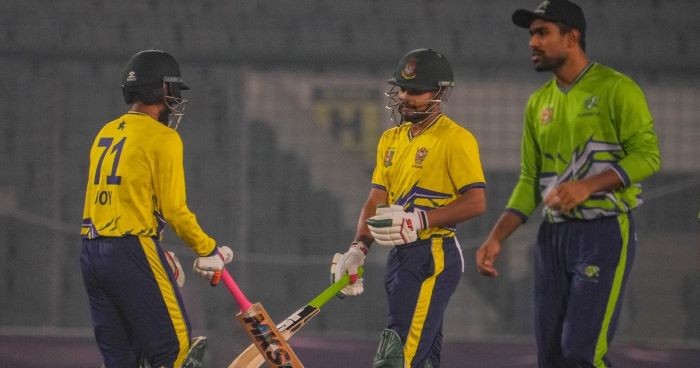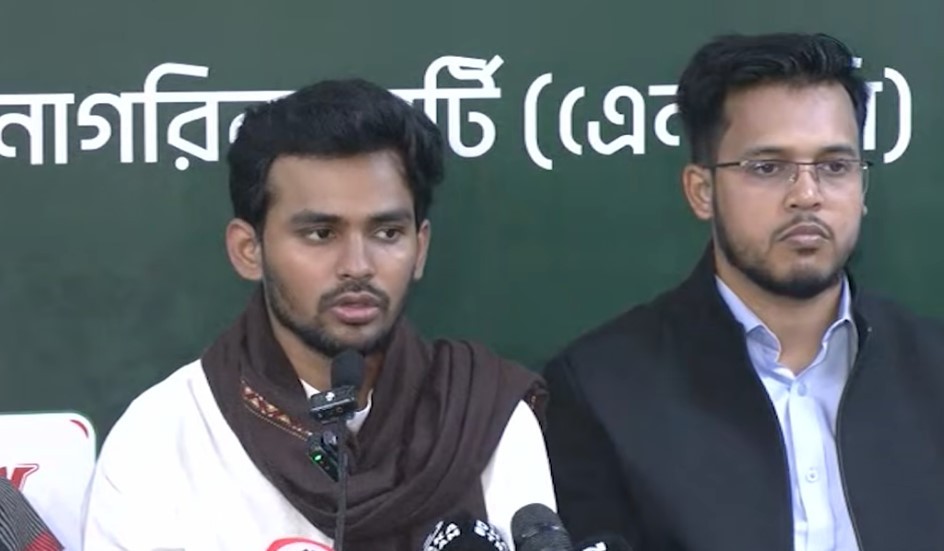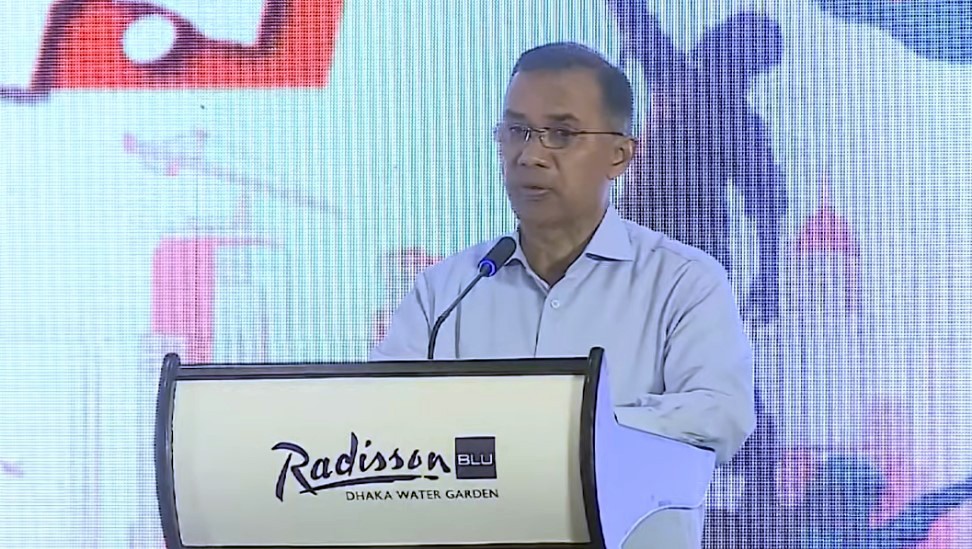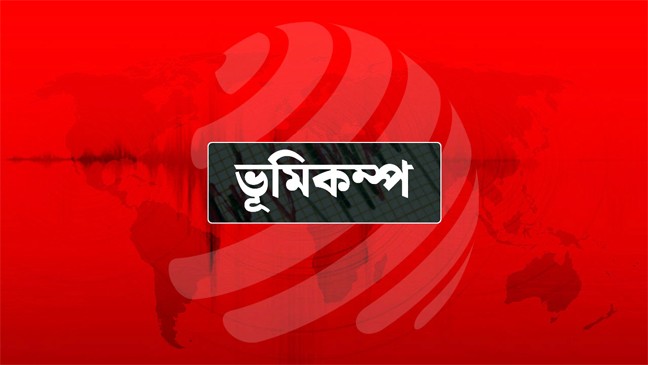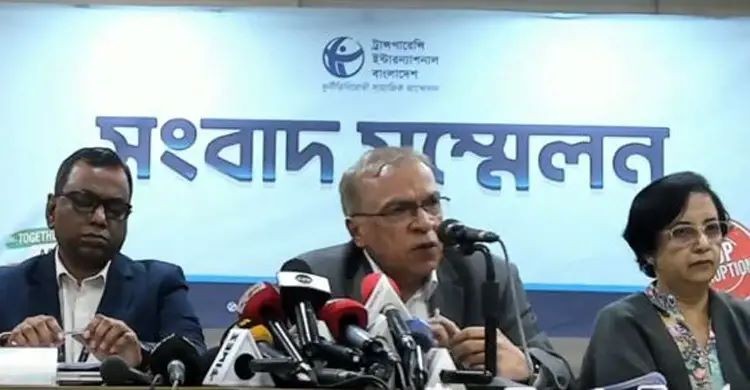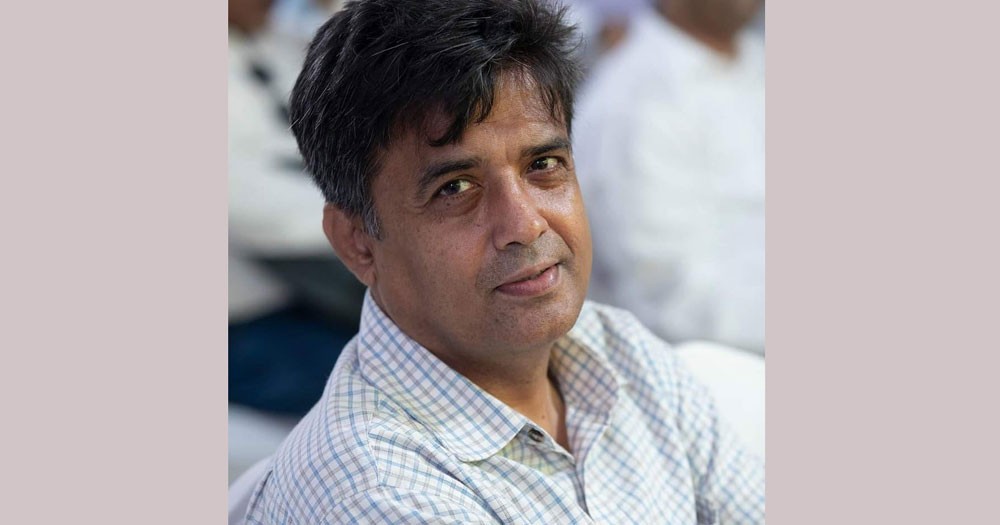
Shafiqul Alam: Thought I wouldn't write about it. But I have to. The last time the United States took an economic action against Bangladesh, it unwittingly triggered a famine in Bangladesh in 1974. Some estimates say up to a million people may have died in independent Bangladesh's first and possibly the last mass starvation. Every middle class, lower middle class and poor families were affected. Middle class in Dhaka saw hungry people knocking their door for food. Some saw near dead people on the streets and in front of the Azimpur Graveyard.
The US took the measure because it was bound by a law. Bangladesh had decided to sell jute worth five million dollars to Cuba, which was one of the countries who had been slapped with US sanctions. Under the US laws, any nation which would do trade with Cuba would not get US aid. Bangladesh desperately needed US wheat to ease soaring food prices at home. But when the US found out that Bangladesh was dealing with Cuba, it stopped exporting wheat to Bangladesh. Eventually, Dhaka did snap jute deal with Cuba. But in the process we lost some valuable time. We could not buy food grains from the international market because we did not have strong reserve- an outcome of the war. The vessels carrying US foodgrains were supposed to come in July-August 1974. But they came in early 1975. By then, the famine hit the country in full force. Even the middle class families were not spared.
I hope and pray that the US won't slap any economic restrictions on Bangladesh. Even a marginal tariff and non-tariff barriers by the US on our garment exports can cause havoc. The Europeans may reluctantly follow suit. And these restrictions can wipe out the gains we have made in export trade over the past four decades. Factories may have to draw shutters. Female workers, whose emancipation from rural patriarchy has been a signature feature of our garment manufacturing, may have to return home. Silent starvation may kick in. These sound grim. And I hope and pray this does not happen. But trouble is we have played with fire for long. We've used the tail of a Tiger to clean up our congested ear. We did not think twice that the tiger may get furious and hit back! DhakaDiary

